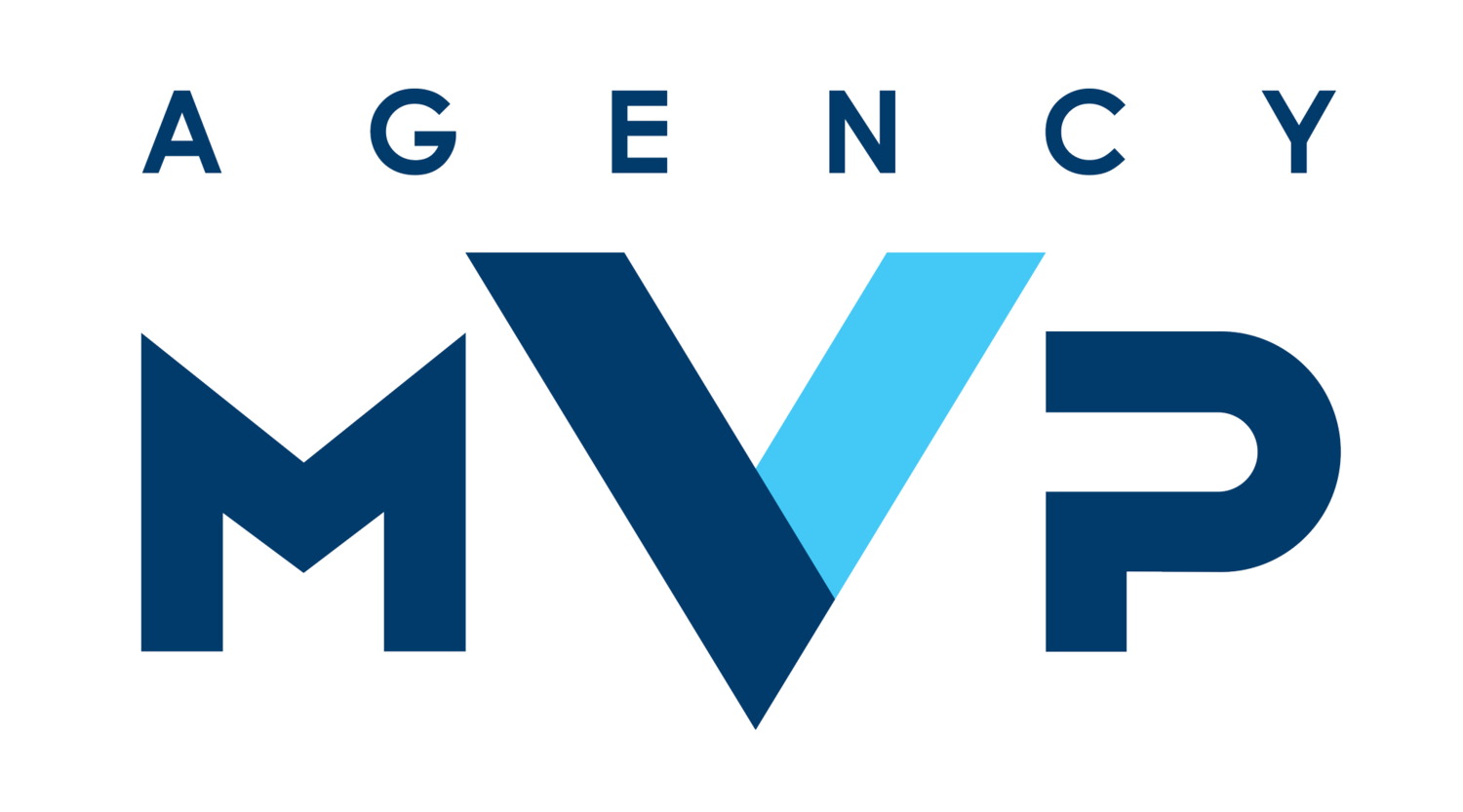6 Best VoIP Services for Insurance Agencies Reviewed
The technology we use on a daily basis is constantly evolving. As such, there have been some serious developments in Voice over Internet Protocol (VoIP) systems. VoIP technology is now the leading form of communication for many businesses, especially insurance agencies.
There is no better time than the present to take your business to the next level and incorporate VoIP communication systems into your model. If you're curious to learn more, keep on reading to learn about what VoIP is, why it’s useful, and what the best VoIP services are for insurance agencies.
What is VoIP Service & How Does It Work?
Voice over Internet Protocol technology converts your voice into digital signals, which allows you to make phone calls directly from a computer, a VoIP phone, or other data-driven devices. In other words, it's a phone service that utilizes the internet.
VoIP services, or broadband phone services, utilize an internet connection to switch voice signals into data packets which are then delivered. The whole process is similar to mailing an electronic envelope full of important communications.
Because VoIP delivers packets of data, there are new advanced applications, compared to older telephone services, that can help your business be more productive and save money. For example, international calls are free. You just have to pay for the internet.
And don't worry, you don't need to scrap your old analog phone system. The best VoIP providers can offer broadband telephony using your existing system.
Why VoIP Services are Useful in the Insurance Industry
So, why are VoIP services becoming so popular, particularly in the insurance industry? Well, there are a number of benefits related to broadband telephone services:
Reliability: Insurance business largely occurs over the phone, so crisp and clear voice communication is crucial.
Security: Sensitive information is communicated in the insurance industry, and VoIP services provide added data security.
Internet-Based: VoIP service relies on the internet, not phone lines, so that insurance companies can remain reachable, even in bad weather, power outages, and in remote locations.
Advanced Features: Communication can be recorded and stored later, streamlining the communication between a single customer and multiple insurance company employees.
Versatility: Insurance companies can keep their employees connected and able to make calls at any time, using other devices, like tablets and PCs, and not be restricted to a standard cellphone.
Is a VoIP Service Right for Your Agency?
VoIP services are becoming the preferred method for reliable communication in various business markets, including the insurance industry. Reliable communication between your employees and customers is vital for the success of your business and the satisfaction of its clients.
Updating your communication system from outdated analog phones will allow you to reap the benefits of VoIP services such as call recording, data security, and clearer communication, no matter the weather or geographic location.
If you've made other steps to enhance the quality of your insurance company, switching to a VoIP provider is the next logical step to continue improving your business and the insurance services it provides.
Ring Central
Ring Central is trusted by over 400,000 businesses. They provide calling and messaging from any device. Their software is easy to install on the Cloud and is excellent for group communications. If you find yourself struggling with the service, Ring Central offers help from industry experts to assist you.
They offer scalable plans to fit your needs, ranging from $19.99 to $49.99. No matter the size of your business, Ring Central will have a plan that can accommodate your budget and communication goals.
Pros
Keep your current number
24/7 customer service support
Can be used on mobile app
Call recording
Cons
No home phone service, only business
Need to back up regularly
GoTo Connect
GoTo Connect is a VoIP provider that operates entirely from the Cloud. They offer a variety of packages depending on the number of users that will be utilizing the services. With that said, their packages become most cost-effective for medium-sized businesses but can ultimately be utilized by any size business.
Because they work with the Cloud, there is very little extra hardware. But the additional hardware that does need to be updated can easily be negotiated.
Pros
Advanced audio & visual features
Customizable
Excellent customer support
Cons
No free trial period
Better suited for larger businesses
Steep learning curve to use
Ooma Office
Ooma Office has become very popular because of their lack of contracts. Some businesses enjoy the flexibility of a contract-less system. Ooma prides itself on a simple plug-and-play system without sacrificing the highest, enterprise-quality standards. Their VoIP services are fully customizable and perfect for a growing or already well-established business.
They keep it simple with only two plans, Ooma Office and Ooma Office Pro, at $19.95 and $24.95 per user. They have a one-time hardware cost and offer extensions for faxes and conferences.
Pros
Clear call quality
Easy-to-use mobile app
No standard monthly contract costs
Cons
Fewer features as some competitors
Grasshopper
Grasshopper has been called the #1 choice for entrepreneurs. Their business model thrives with small-sized businesses. Their main goal is to create a professional image for your business.
They do this by offering a local number or a toll-free number option, unlike their competitors, to streamline calling. With your new number, you can get custom call forwarding, greetings, hold music, and unlimited extensions for properly organizing all your calls.
They have a solo plan for entrepreneurs at $26, a partner plan at $44, and a small business plan for $80, all of which are billed annually. If your insurance company is small and still growing, the simplicity of Grasshopper's VoIP system may be your best bet.
Pros
No additional hardware necessary
Downloadable mobile app
Business SMS feature
Cons
Not ideal for large businesses
Ten person max on conference calls
No outbound fax
Freshdesk
Freshdesk is just one of the many products from the Freshworks company. They've now created a VoIP service that can be integrated with their other products. This creates a streamlined broadband telephony plan "all under one roof." Freshdesk is easy to set up and ideal for growing teams.
They offer different pricing tiers to fit the needs of your business. They even have a free version for you to try out before committing to a paid plan. Whichever plan you end up deciding on, we recommend paying annually instead of monthly in order to cut down on costs.
Pros
Reliable software
Integrates well with other Freshworks products
Interesting analytical tools
Cons
Limits on number of extensions
Difficult to integrate with 3rd party apps
Aircall
Aircall sets itself apart by being able to integrate with other business tools. They also offer powerful analytics and call monitoring.
They pride themselves on being an international VoIP provider, with access to phone numbers in approximately 100 countries throughout Europe, Asia, and the Americas.
They offer scalable packages, ranging from $30 to $50 per user per month. Aircall also has a customizable option that can be created specifically for your insurance business. Aircall might be a bit pricey compared to other VoIP providers, but many of the features your business will get could be worth it.
Pros
Easy to use
Integrate seamlessly with other business tools
Powerful features
Cons
Can be more expensive
Not ideal for large teams
References


